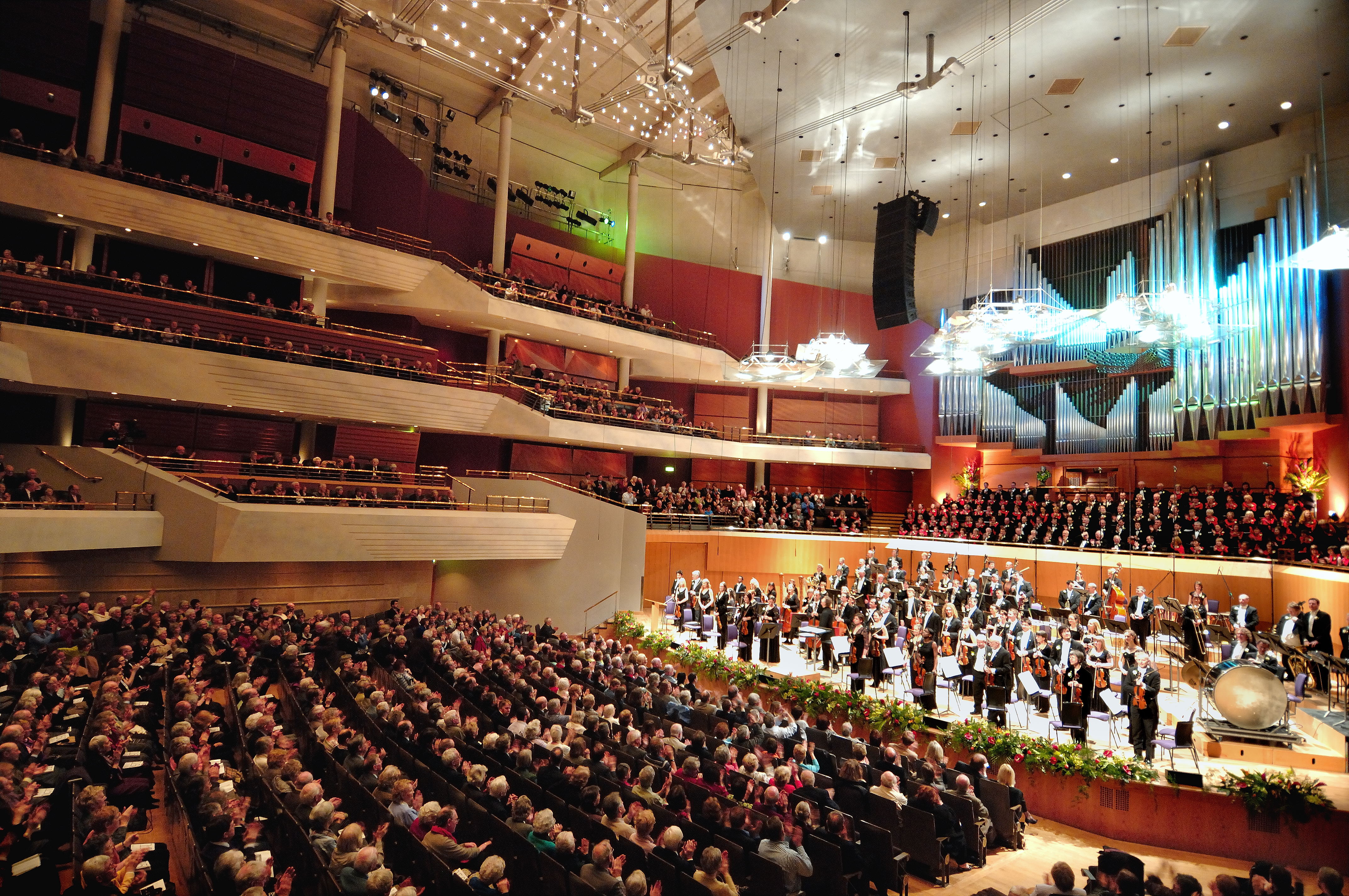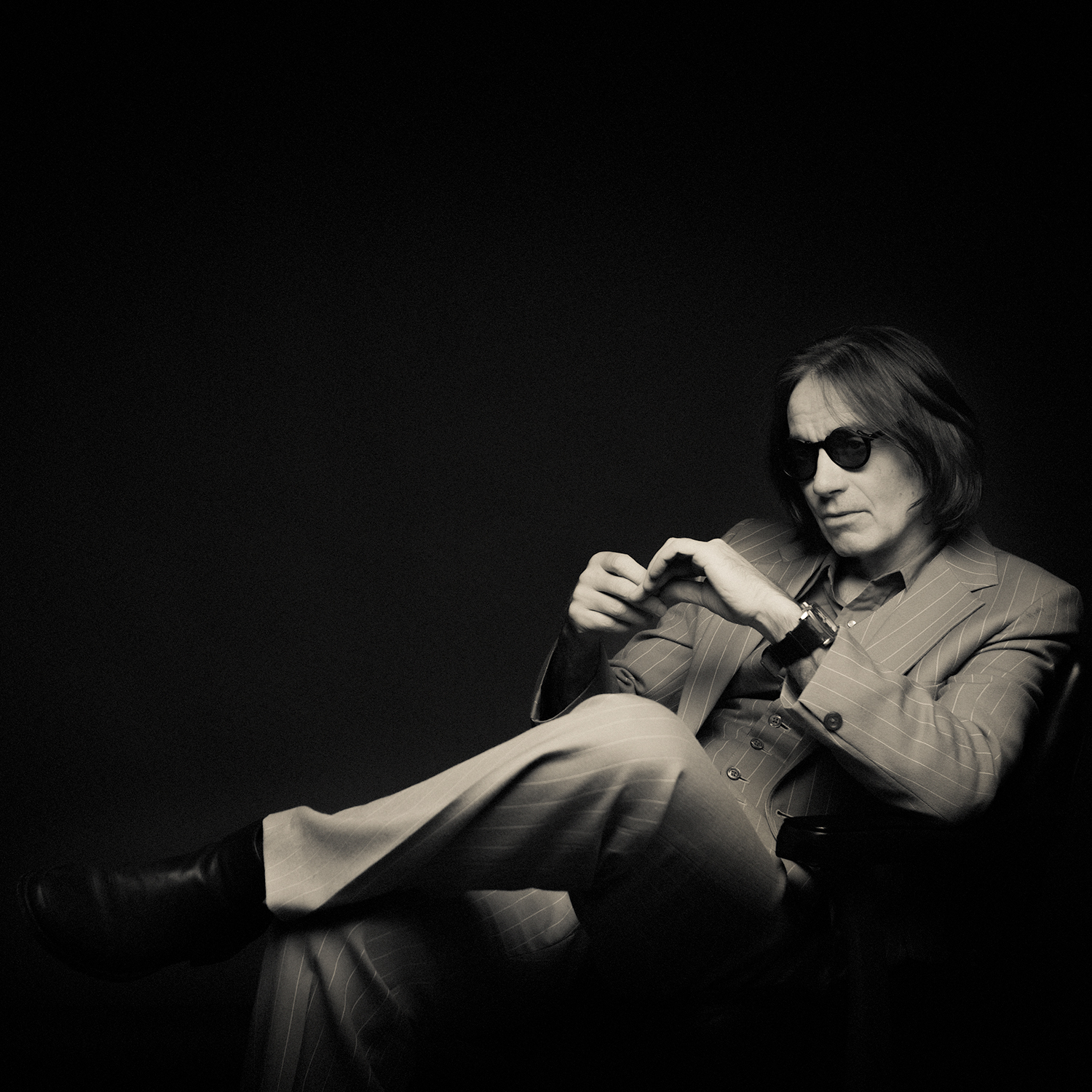Earlier this month a full house at Manchester’s Bridgewater Hall was treated to a night of high drama and fine performances as the Hallé Orchestra performed Verdi’s great and glorious Requiem Mass.
Strictly speaking, Requiem (1874) is a non-operatic work in so much as it’s a musical setting for a Catholic funeral mass. But for passion and drama it matches any of Verdi’s operas and holds the distinction of being the largest of his non-operatic works.
As the orchestra warmed up it was announced that, due to traffic problems, the performance was to be delayed by ten minutes. The audience, already palpably excited at the prospect of one of the Hallé’s trademark great set pieces, grew tenser by the minute and by the time Sir Mark Elder took to the podium that tension had almost become unbearable. 
Indeed, as the first few notes drifted forth a cry arose from a member of the audience prompting the Hallé’s long serving musical director to halt proceedings and turn slowly to give the unseen unfortunate a baleful stare. As he turned back to raise his baton before the massed ranks of musicians, and the vast phalanx of choristers flanking them in the galleries above, there wasn’t so much as an intake of breath to be heard throughout the hall.
And then it began.
Strings gently enjoined the choir, who in turn drew in the four soloists, and all raised a growing Kyrie to the heavens in praise and memory of Verdi’s friend and hero, the poet, playwright and novelist Alessandro Manzoni – the Goethe of Italian letters. Throughout the performance this most mellifluous evocation of grief, mixed with the majesty of liberation for the soul from its earthly prison, would rise and fall like life itself.
At times filled with a rage against the dying of the light, at others with an exquisite anguish that spoke directly to the soul, but always, always with a stunning and accomplished performance from all involved; make no mistake, this was an extraordinary musical accomplishment.
 And on it went, sometimes with a magnificent choral sound that broke upon a defenseless audience with the force of thunder, sometimes with the kind of percussive power that is usually only encountered during an artillery barrage. Yet though it all Sir Mark protected the soloists from any potential mission creep from the orchestra, providing sleek, seamless entry points for a set of individual performances of power and pathos that left hearts pounding or breaking, just as Verdi intended.
And on it went, sometimes with a magnificent choral sound that broke upon a defenseless audience with the force of thunder, sometimes with the kind of percussive power that is usually only encountered during an artillery barrage. Yet though it all Sir Mark protected the soloists from any potential mission creep from the orchestra, providing sleek, seamless entry points for a set of individual performances of power and pathos that left hearts pounding or breaking, just as Verdi intended.
Throughout this great work Verdi seeks not to defy death but to rage like Dylan Thomas against its inevitable, implacable encroachment upon the light that is the lives of those we love and admire. From Kyrie to Libera me, it is almost as if he is publicly transiting what a century later would become known as the five stages of grief. Requiem is by turns a lament, a furious condemnation, an eloquent yet desperate plea for clemency, and a defiant refusal, before finally transforming into a sublime surrender to the great unseen.
And in the hands of Sir Mark Elder and the Hallé it was also something else…it was an absolute triumph.
Main image: Hallé Orchestra at The Bridgewater Hall by Joel Chester Fildes
The Hallé Orchestra and the Hallé Choir were performing at Manchester’s Bridgewater Hall
Conductor: Sir Mark Elder
Soprano: Maria Agresta
Mezzo-soprano: Alice Coote
Tenor: Giorgio Berrugi
Bass: Gianluca Buratto











